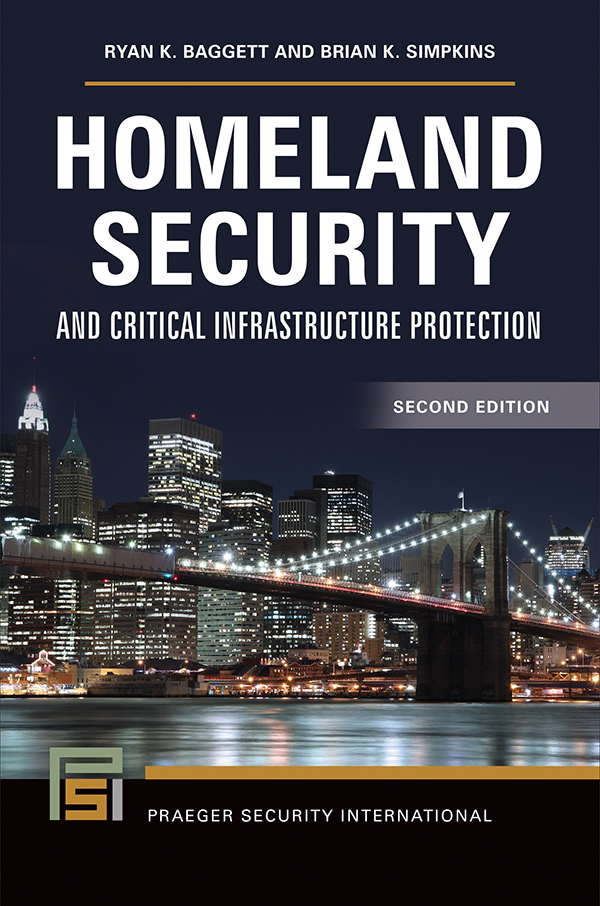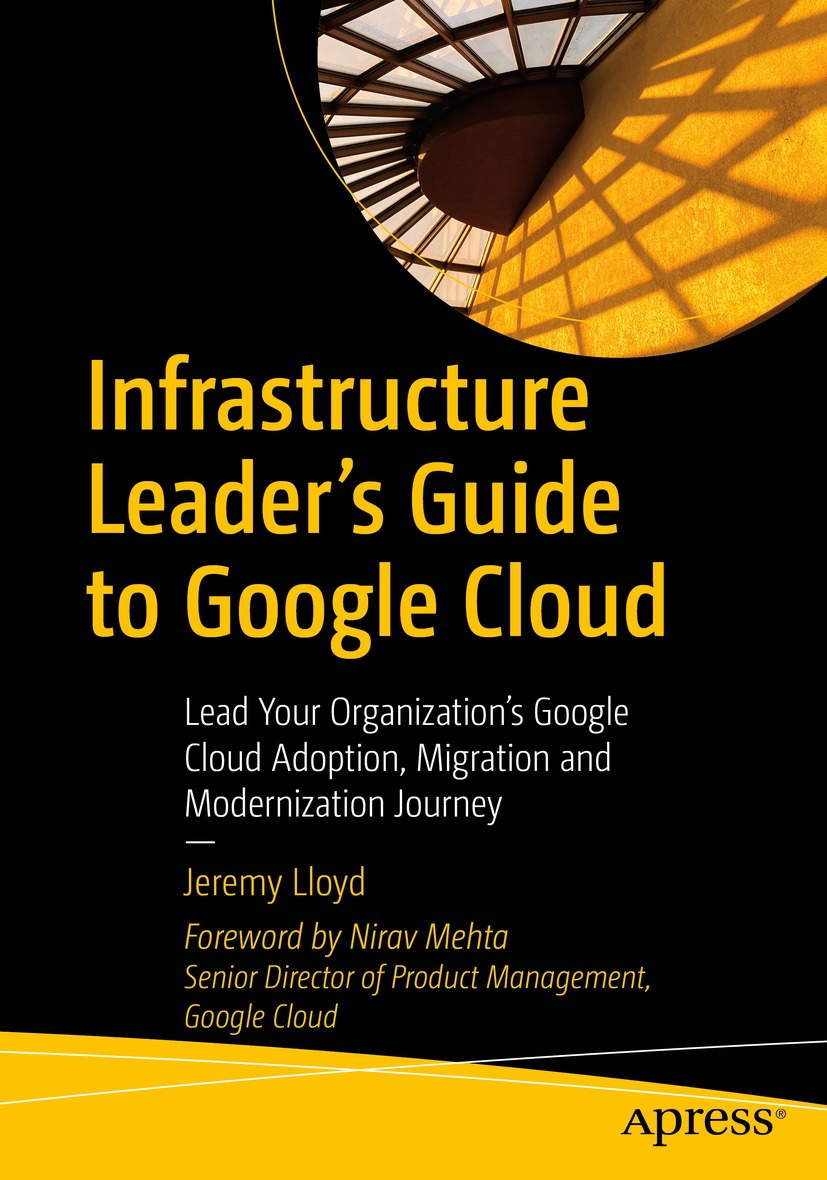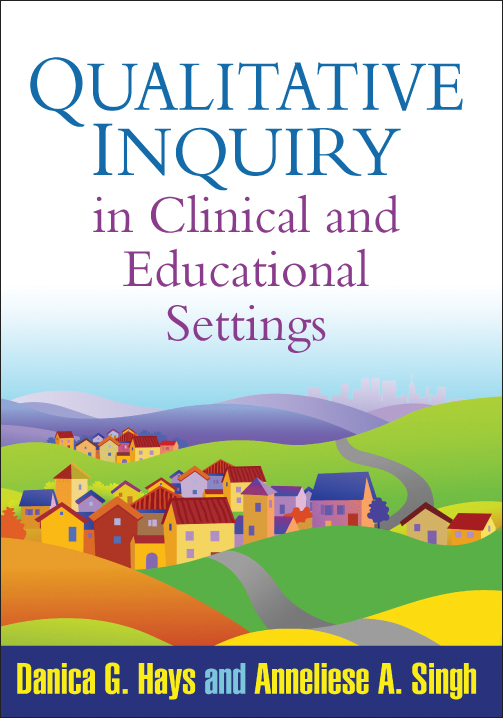A compelling overview of systems and strategies implemented to safeguard U.S. resources from a plethora of threats, the vulnerabilities and security gaps in these infrastructure systems, and options to enable the future security of the homeland. Since the first edition of this book was published in 2009, significant changes have occurred in the security landscape, both domestically and internationally. This second edition is thoroughly updated to reflect those changes, offering a complete review of the various security and resilience measures currently in place and potential strategies to safeguard life and property within the U.S. homeland. As noted in the U.S. Department of Homeland Security’s National Preparedness Goal, the mission area of protection is vital to the homeland in its focus on actions to protect people, vital interests, and our nation’s way of life. With that in mind, this book discusses strategies such as risk analysis and assessment, information sharing, and continuity planning. The authors focus on relevant and timely threats and hazards facing specific infrastructure components including, but not limited to, agriculture and food, banking and finance, water, energy, telecommunications, and transportation. The dynamic posture of critical infrastructure security and resilience (CISR) underscores the importance of an integrated, layered all-hazards approach. In describing this approach, the book includes new chapters on planning and guidance, public and private partnerships, cyber issues and threats, and careers in infrastructure protection. Additions such as discussion questions, learning objectives, and fundamental concepts for each chapter provide additional direction for instructors and students alike. Provides a timely, relevant work that is crucial to understanding the current state of U.S. critical infrastructure security and resilience (CISR) Offers a comprehensive examination of foundations and contemporary issues within CISR, using various real-world incidents as focusing events Analyzes the 16 critical infrastructure sectors for purposes of comparison, analysis, and discussion Investigates various threats and hazards-manmade, natural, and technological-that specifically affect CISR Summarizes updated federal legislation and doctrine in a clear and concise manner Overviews academic, training, and career preparedness resources for those interested in the field Includes learning objectives, key terms, and discussion questions in each chapter to facilitate the book’s use in an academic environment











